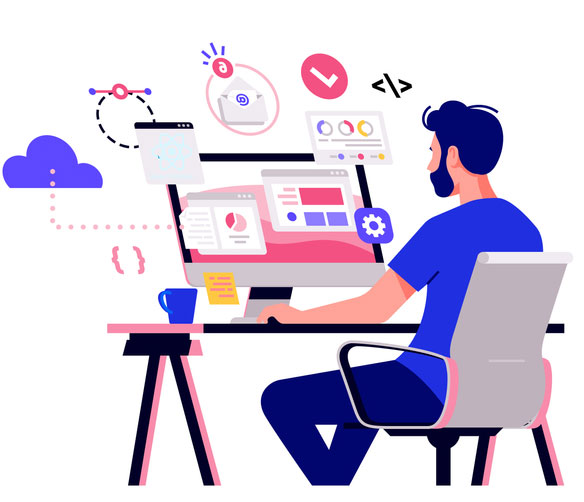The digital age has significantly impacted our daily lives through the integration of technology. We are constantly connected to the digital world through devices like smartphones and social media. While technology has provided many advantages and conveniences, it has also sparked worries about its effects on mental health. Many people find it difficult to maintain a healthy balance between their online and offline lives, which can result in stress, anxiety, and other mental health problems.
Technology’s integration into daily life, from social media to remote work, presents both opportunities and challenges for mental health. The growing focus on the impact of technology on mental wellness necessitates a thorough exploration of strategies for maintaining a healthy digital balance.


